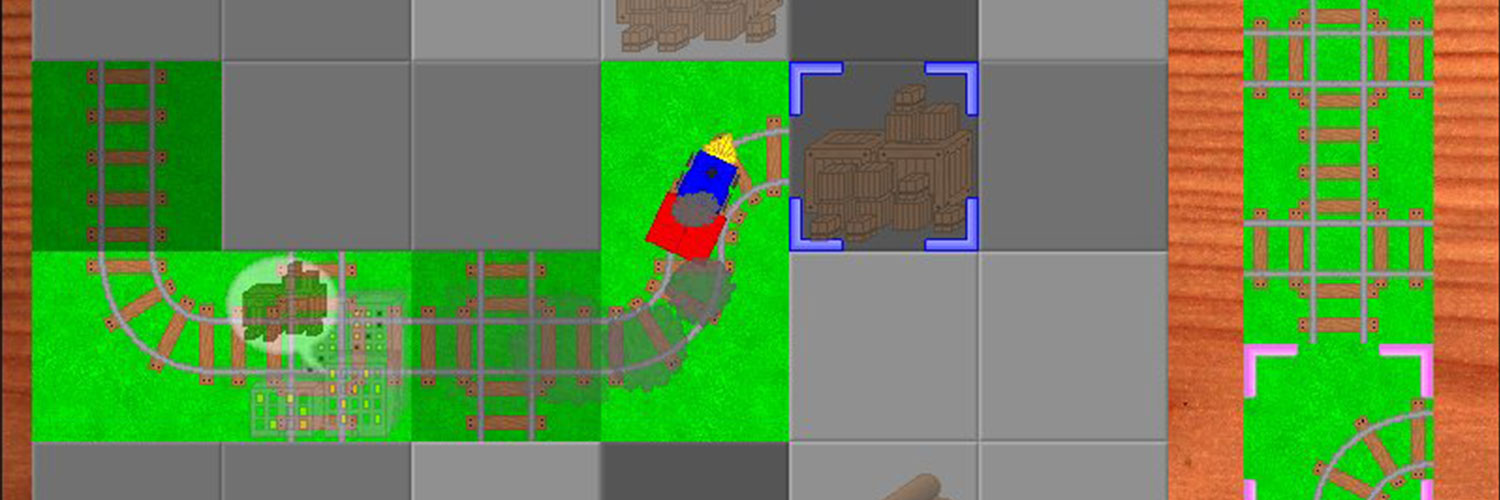My previous augmented reality (AR) based project caught the attention of COGAIN. COGAIN focuses on promoting research and development in the field of gaze-based interaction. Some of the many beneficiaries of their work are people afflicted with amyotrophic lateral sclerosis. This disease leads to loss of voluntary muscle control, leaving the afflicted individual(s) eventually unable to move. The muscles controlling the eyes are often left unaffected meaning gaze control becomes one of the few remaining means to interact with systems.
Interacting with common software applications using gaze control is difficult. Most popular software rely on interaction patterns applicable to the majority of its users, using common input devices such as the mouse and keyboard. Despite gaze control technology improving with time, a significant barrier persists in that very little software natively supports gaze control. Workarounds exist but can inhibit interaction and lead to sub-optimal usage patterns. Video games are particularly affected by the lack of native gaze control support as they often require real-time advanced input.
GazeTrain fills a tiny bit of the void, researched and designed from the ground up to use gaze control as its primary interaction method.
Publication and resources
- GazeTrain: A case study of an action oriented gaze-controlled game
Lasse Farnung Laursen, Bjarne Kjær Ersbøll, in COGAIN ’09: The 5th Conference on Communication by Gaze Interaction, pp. 61-66
Local PDF | Published PDF - Download GazeTrain v1.1
- Download GazeTrain v1.1 Source
- COGAIN – Communication by Gaze Interaction
- COGAIN – GazeTrain Homepage
Quick Facts
- 2 month development period from scratch.
- Built using Game Maker 7 Pro.
- Over 90% of in-game assets developed in-house.
- Includes 3 modes of play and in-game tutorial.
- Supports both standard mouse and gaze-interaction style controls.
- First prize award in students COGAIN competition 2009.
- Full source code released under the GNU General Public license.
Amyotrophic lateral sclerosis
By all accounts amyotrophic lateral sclerosis is mean disease. One that inevitable removes more and more freedoms. I struggled regarding whether to write this section discussing the disease itself, particularly because I remain personally unaffected. But that doesn’t mean I cannot empathize with the plight of those who are, or recognize the tragedy of the minority in this context.
On the one hand, thanks to gaze control technology, individuals afflicted by ALS can retain a connection to their environment for an extended period of time. On the other, since ALS affects such a small portion of the population, improvements to gaze control and its native integration into modern software is likely to always lag behind.
I appreciate having been given the opportunity to make a small contribution to the community with GazeTrain. While it represents a single piece of digital entertainment, hopefully future technology can help better integrate gaze control into a wider set of digital entertainment.
Game design
Two months is an incredibly small amount of time in which to prototype, develop, and test a video game. In order to make the most of the time given, the game relied heavily on the game mechanics developed and tested during my master thesis.
The player is provided with a set of train tracks with which to guide the train on the playing field and pick up valuable resources to deliver to nearby towns. The ultimate goal is to get as high a score as possible. The mechanics in the game are very forgiving and it is virtually impossible to ‘lose’. A drawback to this is that the game provides – at best – a moderate challenge. In light of the short development time and target audience, it is a preferable outcome, compared to a more rewarding, but a potentially insurmountable challenge.
Creating a set of game mechanics that provide both simple and challenging gameplay is very time consuming. A core challenge to this endeavor is testing whether the game’s difficulty is player appropriate. As players skills improve over time, a sizable pool of play-testers are often needed to properly balance game mechanics during development. If the game is continuously tested with the same set of players, they will inevitably have become so good at the game that only the most taxing scenarios will present a proper challenge. However, brand new players will find this scenario nearly impossible on their first try. So yeah, developing games is hard.
